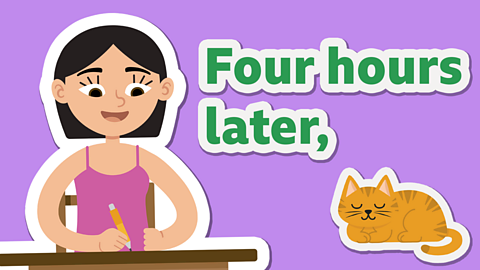What is a relative clause?
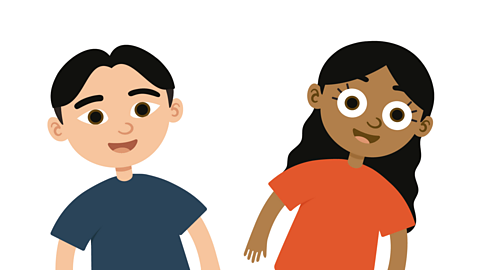
A relative clause can be used to give additional information about a noun.
They are introduced by a relative pronoun like 'that', 'which', 'who', 'whose', 'where' and 'when'. For example:
I wonÔÇÖt stand by the man who smells of slime.
In this example, the relative clause is ÔÇÿwho smells of slimeÔÇÖ. It provides more information about the man. The relative pronoun, ÔÇÿwhoÔÇÖ, is used to connect these clauses in the sentence.

Watch: Relative clauses
Learn about relative clauses with this video from Bitesize KS2 English.
What is a subordinate clause?

Relative clauses can be used to create complex sentences as they are a type of subordinate clause.
A subordinate clause is a part of a sentence that adds additional information to the main clause.
Relative clauses come directly after the noun they are referring to.
This might be at the end of a sentence or embedded into the middle of a sentence.
If it is embedded into the middle of a sentence, the relative clause is usually surrounded by commas.

Relative pronouns
Relative clauses are introduced by a relative pronoun. The relative pronoun used depends on the person or type of thing you are writing about.
Relative pronouns include:
- ÔÇÿWhoÔÇÖ (a person or people)
- ÔÇÿWhichÔÇÖ (an object, a place or animals)
- ÔÇÿThatÔÇÖ (an object, a place or a person)
- 'WhenÔÇÖ (a time)
- ÔÇÿWhereÔÇÖ (a place)
Example
Two simple sentences:
Milly played her ukulele to her sister Martha. She was in her bedroom.
Below, the relative pronoun, ÔÇÿwhoÔÇÖ, is used to create a relative clause so these two simple sentences can be connected.
ÔÇÿShe was in her bedroomÔÇÖ is extra information, so this forms the relative clause.
Relative clause sentence:
Milly, who was in her bedroom, played her ukulele to her sister Martha.
Watch: Relative clauses with Super Movers
Relative clauses with Max and Harvey
Watch: Where to place relative clauses in a sentence
Watch this video to understand how relative clauses can be placed in different positions within a sentence.
Find out where relative clauses can be placed in a sentence.
Activity 1
Activity 2
Activity 3
Activity 4
Activity 5
Look at this picture of a bear.
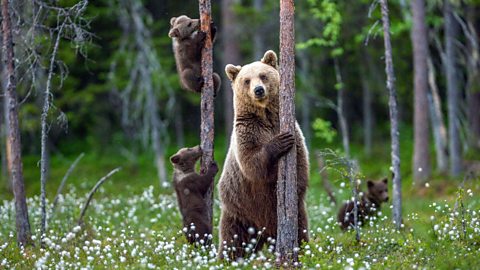

Think about what the bear might be able to hear, smell, feel or taste as it hides.
Write three sentences about the picture that include both:
- a relative clause
- one of the five senses
Examples
'The tall trees, that were shielding the bear, creaked and moaned.'
'The cute bear, who could taste honey on his lips, felt the tree dance in the wind as he hid behind it.'

Teaching resources
Looking for extra activities to support your english lessons? There are more resources available, including videos on Shakespeare and reading and writing.
┤¾¤¾┤½├¢ Teach has thousands of free, curriculum-linked resources to help deliver lessons - all arranged by subject and age group.
Play our fun English game Crystal Explorers. gamePlay our fun English game Crystal Explorers
Use grammar, punctuation and spelling skills to explore jungles, caves and tombs on your mission!

More on Grammar
Find out more by working through a topic
- count13 of 16
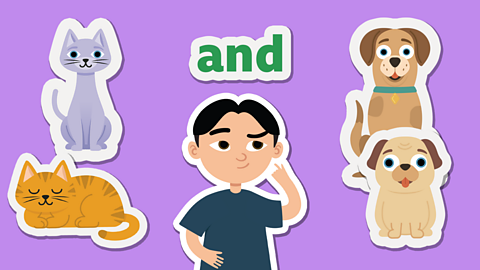
- count14 of 16
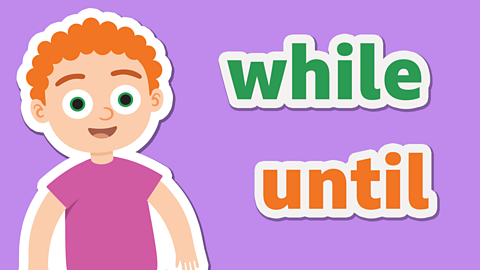
- count15 of 16
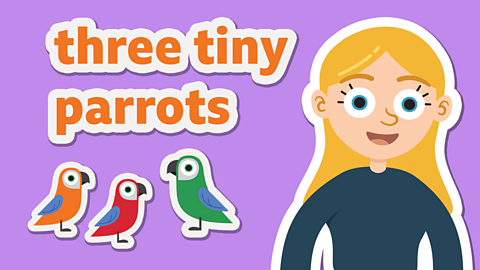
- count16 of 16
